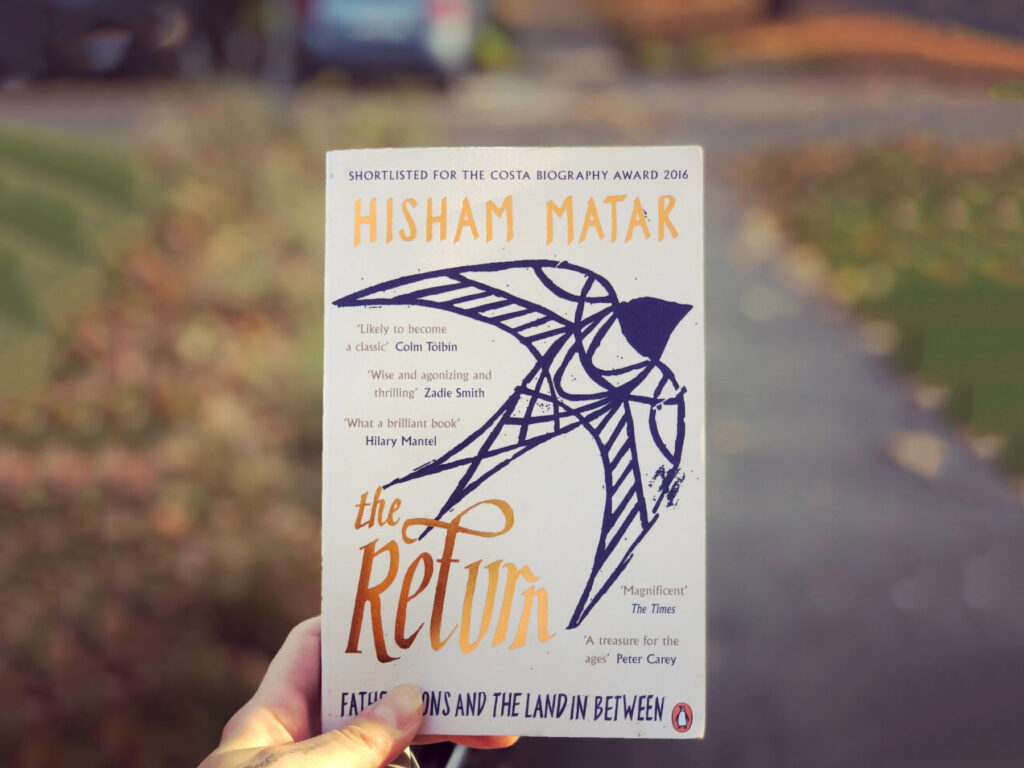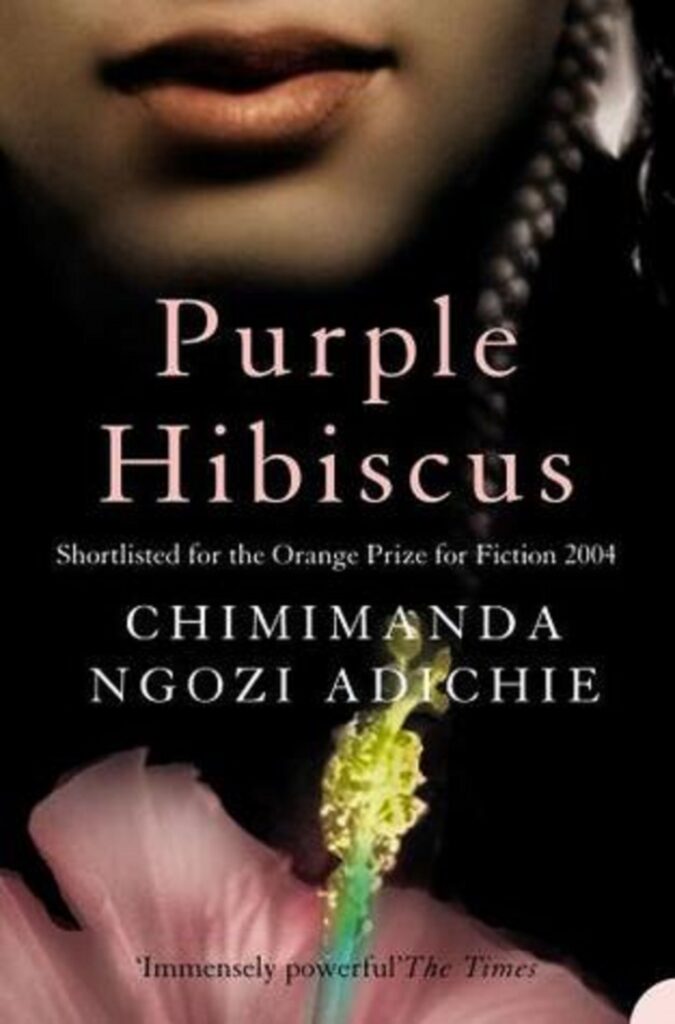I really don’t have too many words to describe this book. And they wouldn’t do it justice anyway. It is extraordinary, how Hisham is able to write about such heartache in such a beautiful way. But I guess it is just a perfect example of capturing life as it is, with all the good and bad. Never truly getting over a loss, but finding joy in the little things. Searching for one’s place in this world and the things that happen on the way there.

A book to make you appreciate life. Especially when you happen to live in a place and time with no war or terrorism.
“My father is both dead and alive. I do not have a grammar for him. He is in the past, present and future. Even if I had held his hand, and felt it slacken, as he exhaled his last breath, I would still, I believe, every time I refer to him, pause to search for the right tense. I suspect many men who have buried their fathers feel the same. I am no different. I live, as we all live, in the aftermath.”
Hisham Matar
Because of some lucky second-hand finds, a few years back, I had a year that turned to one of reading about a lot of faraway countries (often war-torn) and the families living in them.
Like:
Burnt Shadows by Kamila Shamsie is about the aftermath of the nuclear strike in Nagasaki and life in Pakistan and Afghanistan.
Purple Hibiscus by Chimamanda Ngozi Adichie is about life in Nigeria during a military coup. With the added authoritarian father.
The God of Small Things by Arundhati Roy tells about the troubled life of a family in India.
We Need New Names by Violet Bulawayo is about survival in a shanty town in Zimbabwe and how being one of the thousands trying to find a better life in the US is a different kind of tragic experience.




A great thank you to all these wonderful authors for giving me a glimpse into their world.

